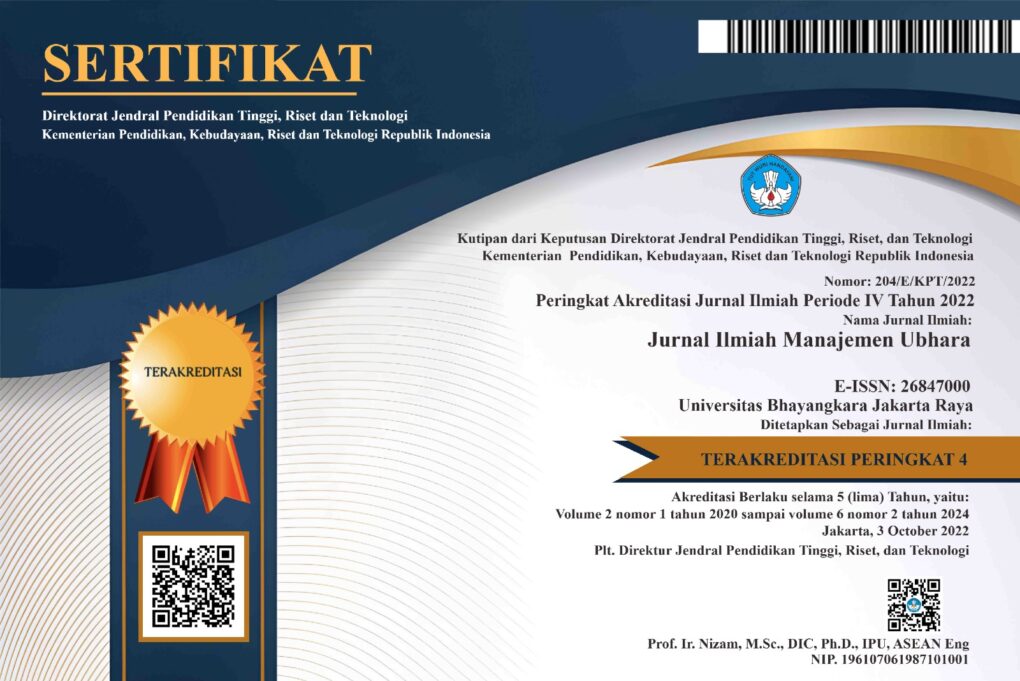Resilience of Online Motorcycle Taxi Drivers in Bekasi City: Workload, Compensation, and Adaptation Strategies during the COVID-19 Pandemic
DOI:
https://doi.org/10.31599/ewbean85Keywords:
Resilience, Online Motorcycle Taxi, Gig Economy, Compensation, Adaptation Strategies, BekasiAbstract
This study aims to analyze the resilience of online motorcycle taxi drivers in Bekasi City during the COVID-19 pandemic by highlighting workload, compensation systems, and adaptation strategies. The research uses a qualitative approach with a case study design. Data was obtained thru in-depth interviews, field observations, and documentation, and then analyzed using the Miles & Huberman model. The findings indicate that the pandemic intensified work; many drivers had to stay online for 18–24 hours per day to maintain their income. Algorithm-based compensation and incentives create uncertainty, with earnings often falling below the regional minimum wage. Adaptation strategies such as extending working hours, multi-homing, diversifying income, and community solidarity are short-term and do not address structural issues. The limitations of the study lie in its single-location focus and qualitative approach, which limit generalizability. Practically, these results confirm the importance of more protective labor regulations, algorithmic transparency, and social support for platform workers. The original value of this research lies in providing an empirical overview of the resilience dynamics of online motorcycle taxi drivers in metropolitan buffer zones, while also opening up space for discussion on labor policy reform in the gig economy
Downloads
Downloads
Published
Issue
Section
License
Copyright (c) 2025 JIMU (JURNAL ILMIAH MANAJEMEN UBHARA)

This work is licensed under a Creative Commons Attribution 4.0 International License.






_-_Copy1.jpg)
